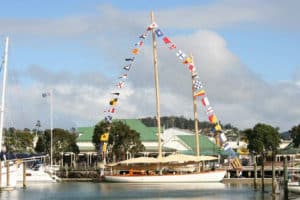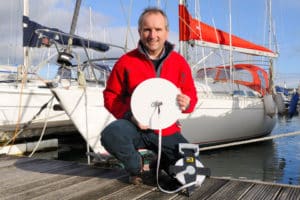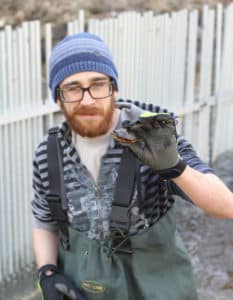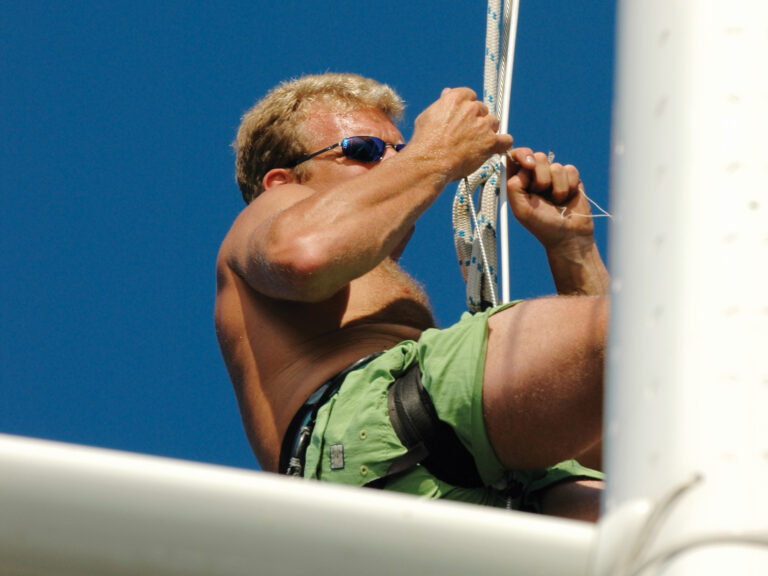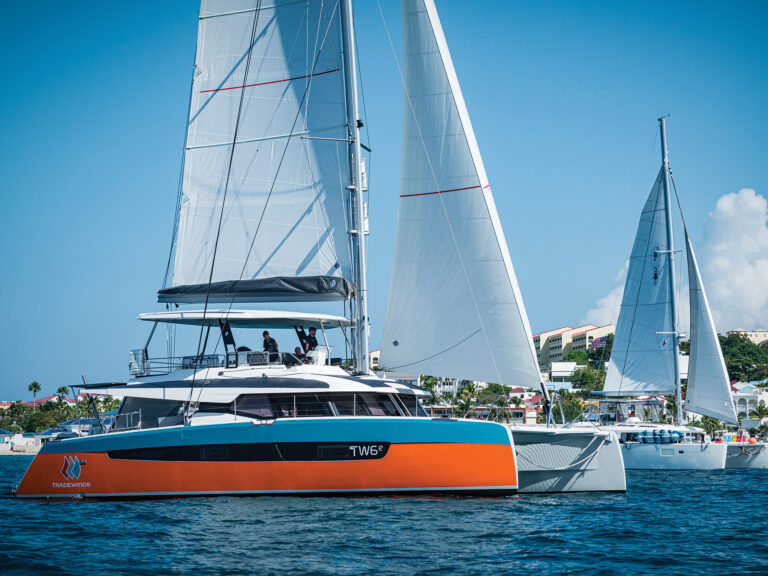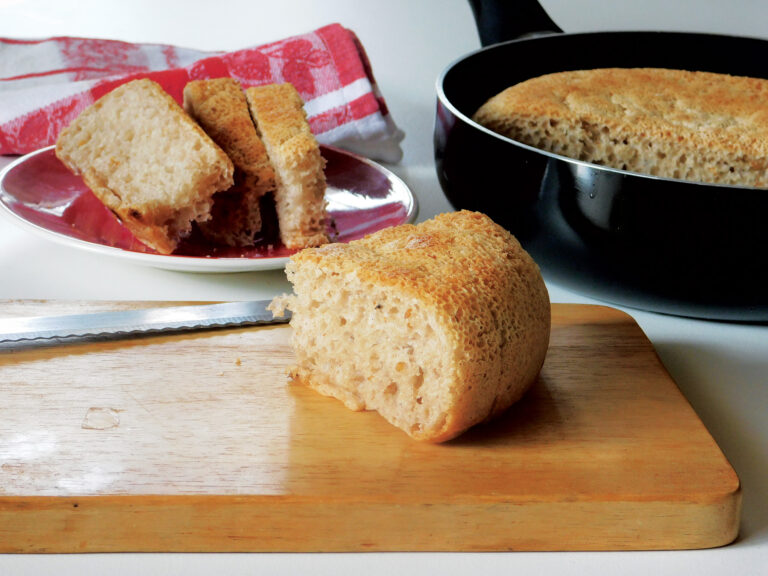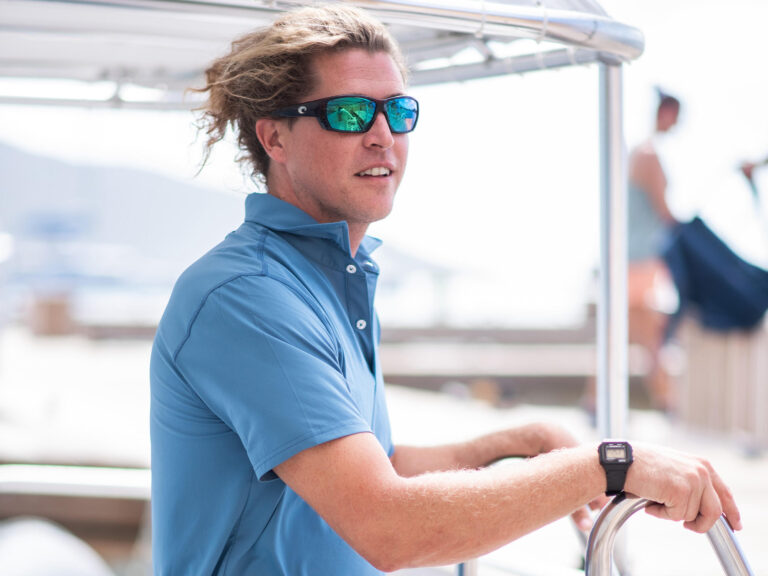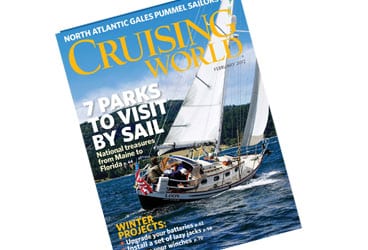
CW February 2012
Editor’s note: After they read Jen Brett’s “Special Report: Hard Lessons Learned in the North Atlantic” (February 2012), which reported on events related to the 2011 North American Rally to the Caribbean, including the death of Jan Anderson from Triple Stars, David J. Nelson and Donna DiFelice of Pas de Deux wrote to CW_ (see Mailbag, July 2012) to praise Brett’s article and to say that they were “disappointed to learn that some people have implied that the veteran weather router Herb Hilgenberg somehow contributed to the losses within the NARC fleet. We feel that these commentators are severely underinformed and naïve, and we want to thank CW for providing the additional clarity needed to better understand the context of these tragedies. We sent an email to Herb Hilgenberg acknowledging his decades-long efforts to supply weather information to bluewater cruisers.” Nelson and DiFelice copied_ CW_ on their message to Hilgenberg, and we’re publishing it below:_
“Dear Herb Hilgenberg,
We are writing in strong support of your decades-long efforts to provide critical weather information to offshore vessels. Despite receiving our primary weather routing from Chris Parker for our annual passage this past early November from the Chesapeake to the Virgin Islands, this year we chose to listen in to your broadcasts as well, given that the severe Tropical Storm Sean was brewing and knowing that one can never have too much information when making the important decision of when to cross the Atlantic on this direct route. We became quite familiar with the information you were communicating to vessels, including those that happened to be participating with the NARC. You are always extremely generous in the level of detail you furnish each vessel individually, and you were no less generous with the crews on vessels connected with this rally, who as participants were supposed to be receiving their critical weather information from other sources.
In our objective opinion, you made it very clear to each vessel what their objective for each day should be to avoid the severest impact of this storm, and you clearly described the conditions they should expect to face. You also expressed clear warnings to vessels who expressed an intention that you felt could prove problematic about conditions that might overwhelm their vessels if they proceeded with those intentions. We also feel that it was quite generous of you to hold the special 0900 broadcast on Friday, November 11, particularly for Triple Stars, Elle, and Boonatsa, which we listened in to as well. In scheduling that, you were obviously being sensitive and empathetic to the duress expressed by the skipper’s wife on Triple Stars, given their diminished sail plan. You were being quite generous in dedicating your time during this significant event. It’s sad that the “calendar” set for a rally can override the common sense called for on the sailors’ part.
With the track of that lingering low-pressure system that became Tropical Storm Sean an obvious and well-reported concern, we find it hard to understand why some people could even choose to leave safe harbor and venture into the conditions such a storm might present for the sake of some rally’s schedule. We’re all, ourselves individually, responsible for our own safety. So many sailors proudly understand the capabilities of their vessel under the best of conditions. Those are the capabilities they love to brag about. What they may recognize less, however, are the limitations of their vessels under extreme conditions. Even more often, they fail to take into account the potential failure of any one of their systems or equipment that can make even the best of conditions overwhelming; in poor conditions, such may lead to disaster.
Unhappily we’re reminded that if we choose to venture forward into questionable conditions and later must confront them, there can be no excuse for doing so without being armed with the very basic personal safety equipment called for. It would be simply incomprehensible in our mind to exit the interior of one’s vessel without wearing an inflatable life vest and tethering oneself immediately to an adequate network of well-placed safety jack lines and cockpit lines.
In several respects, the tragedy experienced by the couple aboard Triple Stars should never have occurred. Having heard personally your communications with the wife of the skipper and the obvious duress clearly audible in her voice during the span of this time, we feel the deepest of sympathy for her husband, family, and friends who were personally impacted by this event. We are compelled to express our strong support for the decades of influence you’ve chosen to have on the many hundreds of passages undertaken by as many sailors. We feel that this can only continue to be a beneficial influence, and we hope that you’ll continue in the same energetic and concerned manner that you’ve always displayed in the past. We don’t believe anyone should be dissuaded from incorporating your advice into what should be a thorough assembly of information appropriate for undertaking the serious venture of a bluewater passage. Please feel free to share our thoughts with others.
David J. Nelson and Donna DiFelice
s/v_ Pas de Deux_
KI4VYJ@winlink.org

